Dealing with glass debris in food processing operations
In the food industry, accidents like broken glass are not uncommon. That's why many of our customers reach out to us for guidance on the most effective and safe ways to clean up such incidents. At Vikan, we have a dedicated team of customer service and technical sales professionals who are always ready to offer practical and reliable advice.
Accidents Happen – But Proper Procedures Matter
In any food processing environment, accidents can occur—like a bottle or jar falling from a conveyor belt or being dropped during packaging. When this happens, it’s essential to manage the situation correctly, not just quickly.
Under Regulation (EC) No 178/2002, food must be safe for consumption. This includes ensuring that no foreign objects, like glass, contaminate the product.
- Food must not be harmful to human health.
- It must be suitable for consumption.
- It must not contain harmful foreign bodies, including glass fragments.
Global standards like the BRC Global Standard for Food Safety also emphasize strict control over physical contaminants. Specifically, requirement 4.9 addresses contamination risks, including those from broken containers.
Clause 4.9.4.2 states:
- There should be systems in place to manage container breakages between cleaning and sealing points.
- Dedicated, clearly marked cleaning tools (e.g., color-coded) should be used and stored separately from other equipment.
- Dedicated, lidded waste containers should be used for collecting broken glass and debris.
That’s why many of our customers turn to us for help in selecting and managing the right tools and procedures for handling glass breakages safely and effectively.
Practical Tips for Glass Breakage Cleanup
Our experts often recommend the following:
- Use a unique color for all tools used in glass cleanup—this color should not be used elsewhere on the site. High-visibility colors like orange or pink are ideal.
- Keep the tools close to the area where breakages are likely to happen for quick access.
- Store them away from regular cleaning equipment to avoid cross-contamination. A dedicated bucket with a lid is recommended for collecting glass pieces.
- Use a mobile shadowboard to organize and store the tools neatly. This makes it easy to access them when needed.
Vikan offers several products that are commonly used for these tasks. Depending on your operations, you may choose one or more of these solutions to ensure compliance and efficiency.
Be Prepared for the Unexpected
Having the right tools and procedures in place can make all the difference when dealing with glass breakages. It ensures compliance with food safety standards and protects both your staff and your products.
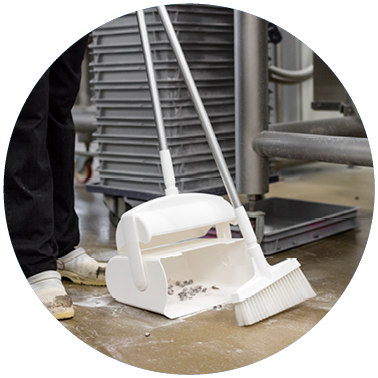
Dustpan Set, Closable with Broom
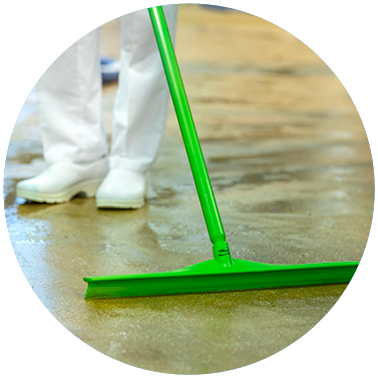
Ultra Hygiene Squeegees
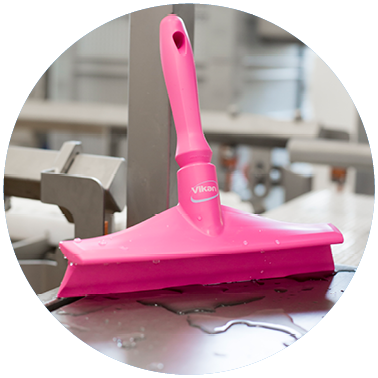
Ultra Hygiene Table Squeegee
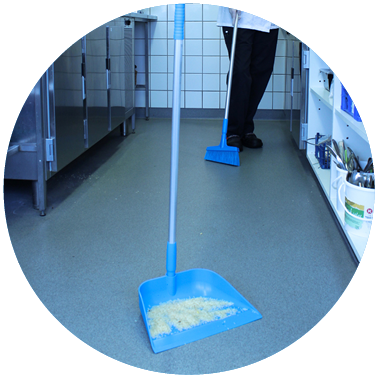
Upright Dustpan
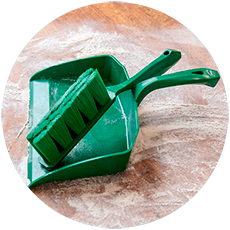
Dustpan & UST Bench Brush
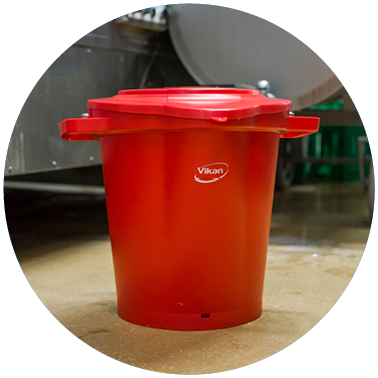
5 Gallon Hygiene Bucket & Lid
Need More Help?
If you have any questions about handling glass breakages or need assistance with your hygiene protocols, feel free to contact us or your local Vikan representative. We’re here to help you stay compliant and safe.
Recent blog posts

Consistency counts for hygiene management at Refresco
Cross-plant colour coding for hygiene equipment boosts effectiveness in four Refresco beverage bottling plants in Germany.
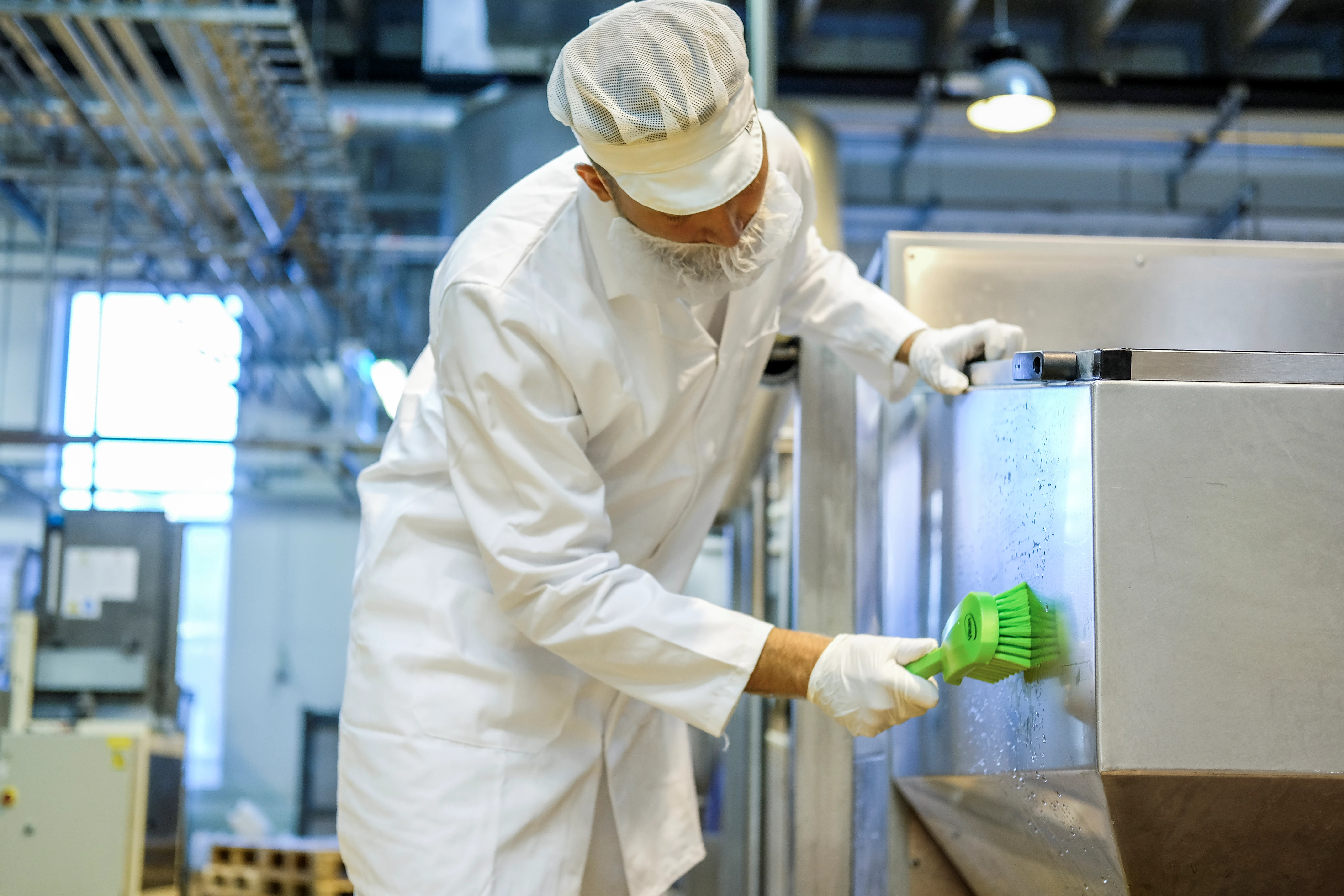
Optimize your allergen control through use of color
How to minimize allergen cross-contamination using color-coded equipment and site segregation.

Vikan DoCs – proof of food-contact-safe cleaning tools
Vikan Declarations of Compliance (DoC) guarantee that our plastic cleaning equipment and food-handling tools are free from toxic substances that could contaminate food.
Glueless Lace Front Wig
Xuchang KANAZI Hair Products Co., Ltd. , https://www.kanazihair.com



